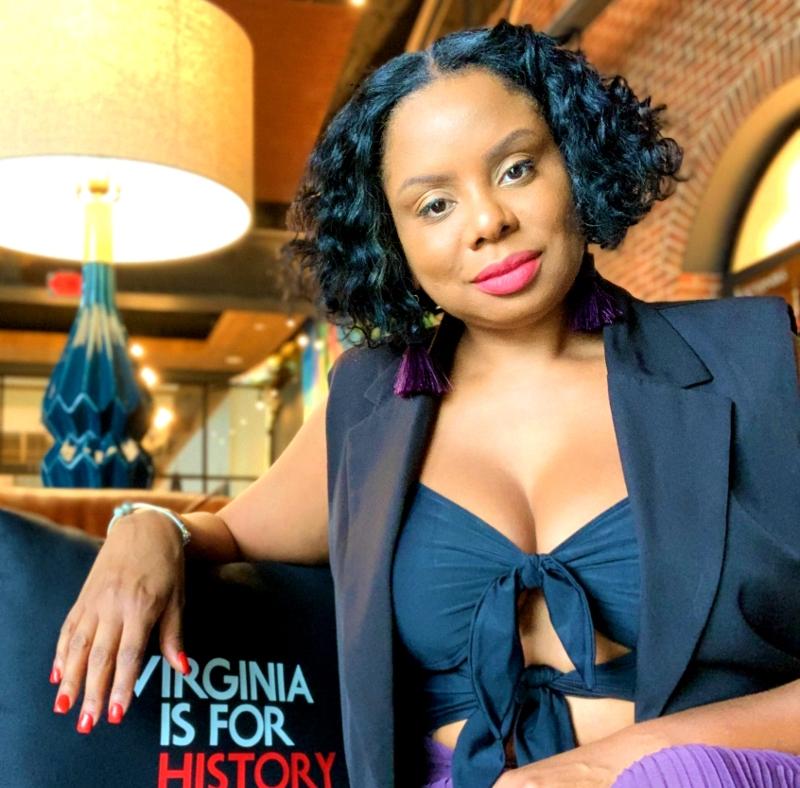Redefining Retirement: How Elder Millennials Are Facing Realities, Pivots, And Reinventions

Elder millennials, born between 1980 and 1986, are approaching middle age in an economic landscape far different from what they were promised. Once told that hard work and a 401(k) would pave the way to a secure retirement, many are now reckoning with harsh realities: stagnant wages, rising housing costs, and student loan debt.
As they inch closer to 50, the notion of a traditional retirement is being replaced by a need for reinvention and a different outlook on what exactly retirement might look like. In a recent survey of 3,000 adults over age 30, 37 percent of Americans reportedly desire a different retirement lifestyle than previous generations. Many are now looking for a retirement that includes an active lifestyle (42 percent), and a significant group wants a retirement lifestyle that’s affordable (31 percent), with “minimalistic and nomadic retirements” being something of great interest as well.

The Financial Pressure Is On
For women in this group, the financial pressure is even more acute. With women still facing a pay gap, they often save less for retirement than men. Many elderly millennial women also bear the dual burden of caregiving for aging parents and supporting children — pressures that can disrupt earning and saving potential.
In response, reinvention is becoming a necessity, not a luxury. Side hustles, remote consulting, career pivots, and digital entrepreneurship are no longer trends — they’re lifelines.
Venus Wang, 37, told CNBC Making It in an interview earlier this year that she had to pivot after being newly divorced. She became the primary parent, was unemployed, and had less than $10,000 in cash savings.
“When we were splitting up, I took a really hard look at my personal finances,” she told the publication. “I had less than $10,000 in cash and roughly $40,000 in my IRA. And that’s pretty much it. It was pretty shocking for me to come to that realization. … I started to realize that up until that point, I had managed my personal finances really terribly.”
After relocation, a career transition into AI, and several job hops, she worked hard to increase her income to $1 million, including equity and bonuses. Her shift in the way she budgeted—investing aggressively and keeping her living expenses moderate—also set her up for possible early retirement, according to the publication.

Redefining What It Means To Age
Rachel Jimenez, an entrepreneur, professor, and blogger, started an Etsy shop selling digital products after dealing with post-partum depression and feeling unfulfilled in her higher education job—an effort that brought in $10,000 or more per month last year.
“Working on my side hustle helped me feel engaged, build new relationships, have meaning, and feel accomplished. The positive emotion comes from seeing my labor pay off,” she wrote.
With fewer relying on Social Security or pensions, this generation is redefining what it means to age with dignity and purpose. Whether it’s through upskilling, relocation, or joining wealth-building communities for women, elder millennials are crafting new narratives around security, independence, and legacy.
Retirement isn’t canceled — but it is being radically reimagined. For elder millennials, especially women, it’s no longer about stopping work at 65 — it’s about finding a sustainable, meaningful way to keep going.






